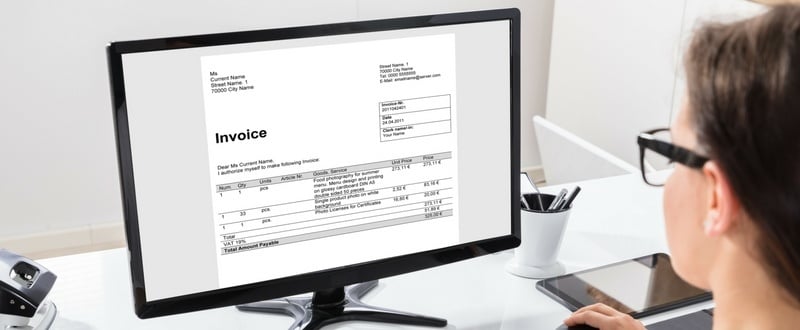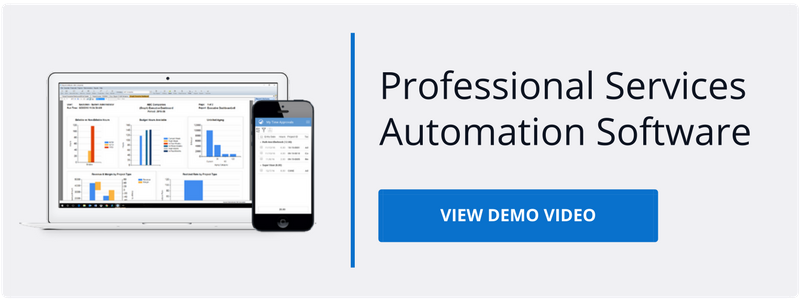Deciding how often to bill your customers is key to running your business. You should select a frequency that helps you maintain a healthy cash flow while striking the right balance for your customer based on the work being done. Establishing the billing frequency helps you and your customer understand expectations for a project. As part of this, you and your customer should have a mutual understanding of how you’ll handle possible overruns and missed deadlines, should something occur. It’s your responsibility as the service provider to ensure these measures are in place to avoid any billing surprises.
4 Things to Consider Before Setting Up a Billing Process
It’s important to set the billing cycle to match the project work. You’ll want to consider the length of the project, the cost of the project, and whether the project involves phases or milestones. Another consideration is how to handle expenses associated with the project.
1. Length of Project
The length of the project is a factor when considering the right billing cycle. If the project is relatively short, say one (or a few) month(s) or less, you might decide to bill upon completion. This is a one-time bill for the entire cost of the project. If this type of project has a high dollar value, you may want to consider a weekly billing cycle so you can manage actual costs to budgeted costs. If the project is an ongoing project for services, you may want to consider a weekly billing cycle, especially if your customer is billing their customer in return.
2. Scheduled Billings (Cost of Project)
Large dollar value projects, regardless of the duration of the project, may be managed best by setting a scheduled billing for a fixed amount that represents a percentage of the project at agreed upon intervals over the course of the project. An example of this type of billing cycle is a schedule that bills for 50% of the total project amount at the beginning of the project and 50% at completion.
3. Phase/Milestone Billing
If you expect the project to run for multiple years, another option to consider is milestone billing. With this billing cycle, you invoice your customer when a phase/milestone is complete. If the amount of time between milestone billings is too large to support a healthy cash flow, you might consider a quarterly or monthly billing cycle. This allows you to recognize revenue while the expenses (direct and indirect) are being incurred.Shortening the cycle allows you better management of your cash flow’s INs and OUTs.
4. Project Expenses
Some projects require expenses, such as materials, licenses and permits, to be paid prior to starting the project, as well as other expenses over the course of the project. It’s important to establish with your customer who is responsible for covering these expenses. If you take on the expense with the agreement that your customer covers all or part of the cost, you should set a billing frequency for them that allows you to recover your costs in a reasonable time. If the project allows the billing to be passed through to the customer upon receipt, that provides the highest likelihood of quick payment.
Establishing a solid project plan, which includes expenses, and getting approval on all parts of the project prior to starting the work will create a solid relationship with the customer that allows both parties to plan for upcoming expenses. This eliminates surprises that catch either you or your customer off guard and potentially place the project at risk.
Billing Repeat Customers
While you might assume you will use the same billing cycle for established customers, this may not always be the case. As we’ve noted, you need to consider how variables change from project to project. It’s best to treat each project individually and negotiate the billing cycle as part of the pre-planning process. This avoids any surprises and leads to a stronger relationship with your customers.
For additional information on Beyond Software please contact:
Nicole Holliday
nholliday@beyondsoftware.com
866-510-7839



